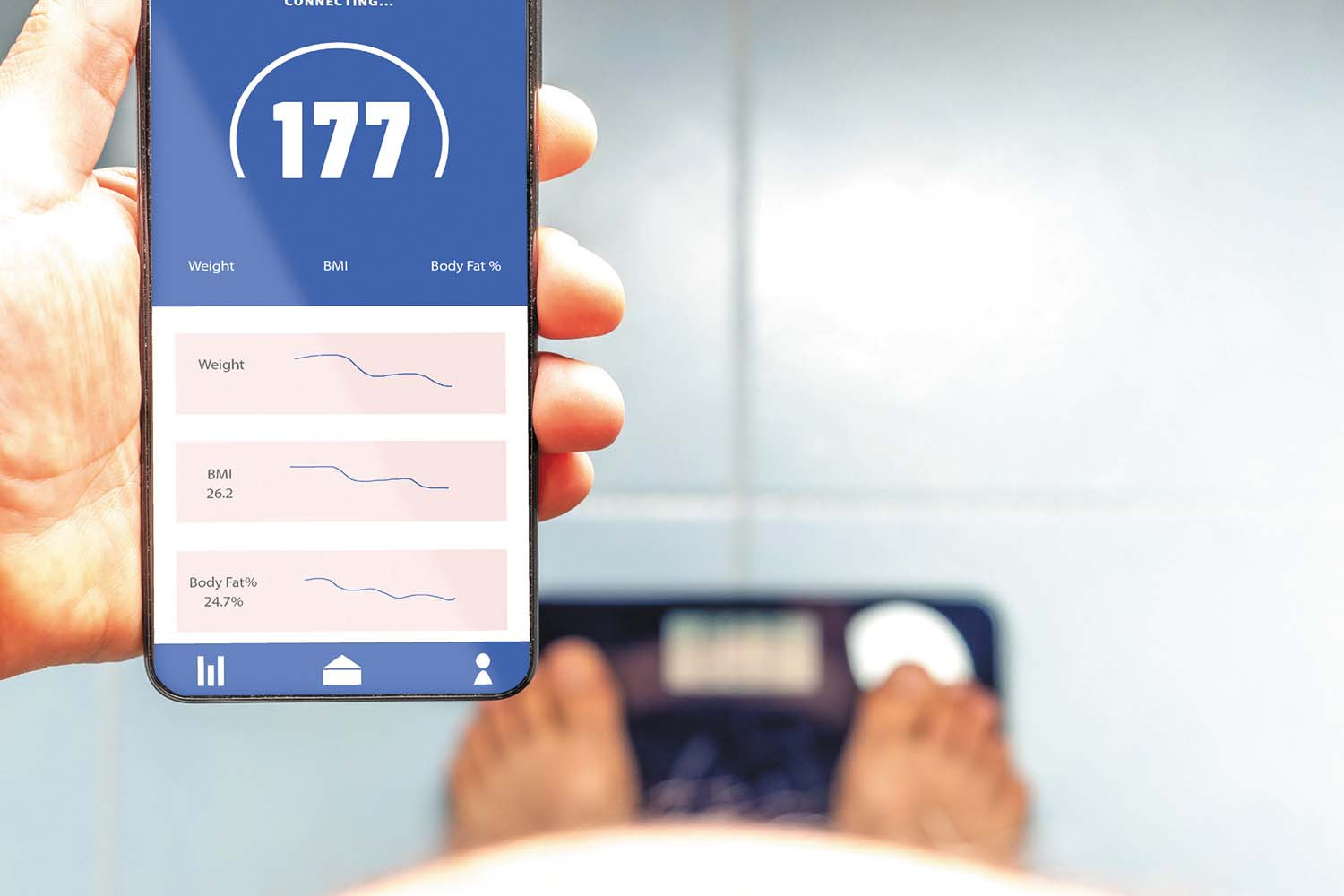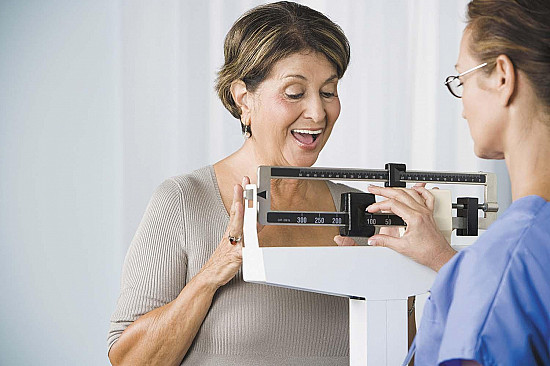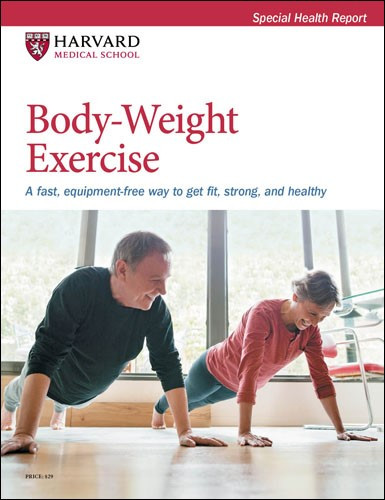Device of the month: Body-weight scale
- Reviewed by Christopher P. Cannon, MD, Editor in Chief, Harvard Heart Letter; Editorial Advisory Board Member, Harvard Health Publishing

Editor's note: In 2024, we'll be using this space to highlight devices or gadgets of possible interest to people who have (or are at risk for) heart disease.
Because being overweight takes a toll on your cardiovascular health, it's worth keeping tabs on your weight. Some evidence suggests that daily weight checks may help people lose weight or at least avoid weight gain, but weekly weigh-ins are also reasonable. Compared with an analog scale, which shows weight using a pointer on a dial, a digital scale that displays numbers is more accurate and easier to read. To go one step further, you might upgrade to a smart scale, which can connect to your smartphone using an app, so you can record and track your weight over time.
Many smart scales also feature a technology called bioelectrical impedance analysis. It sends a small current through your bare feet to try to estimate your body fat, muscle mass, and water weight. However, the accuracy — and relevance — of those readings isn't well established. And although you can't feel the current, people who have a pacemaker or defibrillator should not use this feature.
Image: © Amfer75/Getty Images
About the Author

Julie Corliss, Executive Editor, Harvard Heart Letter
About the Reviewer

Christopher P. Cannon, MD, Editor in Chief, Harvard Heart Letter; Editorial Advisory Board Member, Harvard Health Publishing
Disclaimer:
As a service to our readers, Harvard Health Publishing provides access to our library of archived content. Please note the date of last review or update on all articles.
No content on this site, regardless of date, should ever be used as a substitute for direct medical advice from your doctor or other qualified clinician.
















